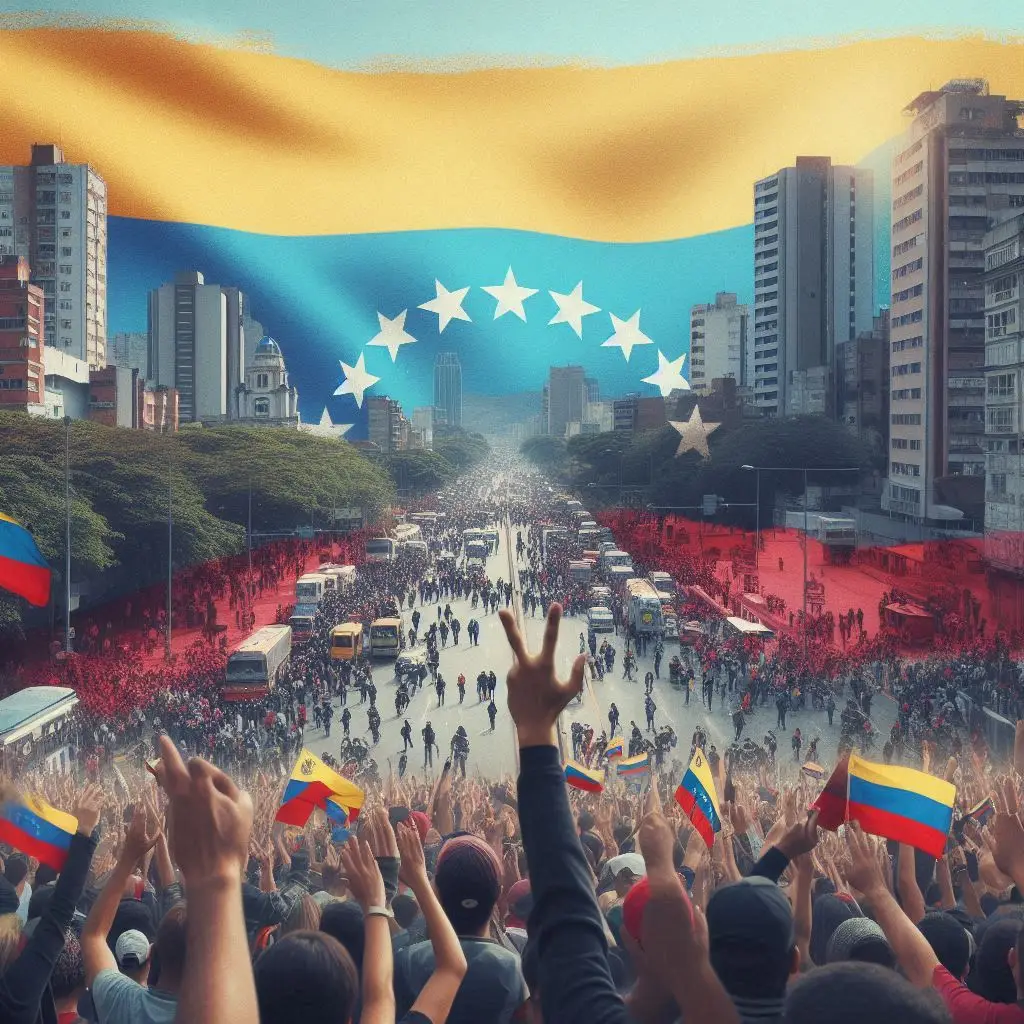
Venezuela, once a sought-after destination for adventurers and cultural enthusiasts, has increasingly become a danger zone for international tourists. The country’s current state of turmoil, especially following the violent aftermath of the 2024 election, has solidified its status as a no-go zone. While Venezuela boasts breathtaking natural landscapes and a rich cultural heritage, the risks associated with travel have escalated to alarming levels, making it one of the most perilous places to visit in the Western Hemisphere.
The 2024 presidential election, which many hoped would be a turning point for the troubled nation, instead plunged Venezuela into deeper chaos. The disputed election results led to widespread protests and violent clashes between government forces and opposition supporters. Caracas, the capital, and other major cities became battlegrounds, with reports of excessive force used by security forces, arbitrary detentions, and numerous civilian casualties. The unrest has only added to the already critical security concerns for tourists, who could easily be caught in the crossfire of these volatile situations.
Even before the election, Venezuela was grappling with a dire economic and social crisis. The collapse of the country’s oil industry—once the backbone of its economy—triggered a catastrophic downturn, leading to hyperinflation, widespread poverty, and severe shortages of basic goods. As the economic situation deteriorated, crime rates soared, and Venezuela became one of the most dangerous countries in the world. Caracas has consistently ranked as one of the most violent cities globally, with kidnappings, armed robberies, and homicides becoming daily occurrences.
For tourists, the danger is not confined to urban areas. Once-popular tourist destinations like Angel Falls, the world’s highest uninterrupted waterfall, and the pristine beaches of Los Roques Archipelago, are no longer safe havens. Criminal organizations and armed groups operate with impunity, often targeting foreigners who are perceived as wealthy. The U.S. Department of State, along with several other nations, has issued a Level 4 “Do Not Travel” advisory for Venezuela, citing the pervasive threat of crime, civil unrest, and the arbitrary enforcement of local laws.
The political landscape in Venezuela has been highly unstable since the death of former President Hugo Chávez in 2013, but the situation has only worsened under the leadership of Nicolás Maduro. The 2024 election was marred by allegations of vote rigging, suppression of opposition candidates, and widespread reports of human rights abuses. Maduro’s government has been accused of stifling dissent and using the military to maintain power, actions that have further isolated Venezuela on the international stage. The political crisis has fueled ongoing protests, strikes, and violent confrontations, making the country increasingly ungovernable and unsafe for both residents and visitors.
In addition to the violence and political instability, the infrastructure in Venezuela has deteriorated to the point of collapse. The economic crisis has left public services, including healthcare, transportation, and utilities, in a state of disrepair. Hospitals lack basic supplies and trained personnel, meaning that any medical emergency could quickly become life-threatening. The scarcity of goods, including food and medicine, exacerbates the risk for travelers who might find themselves without access to essential resources. The unreliable transportation network makes it difficult to navigate the country, with travelers often facing long delays, or being stranded without safe lodging.
The ongoing humanitarian crisis in Venezuela has also contributed to the collapse of the country’s tourism industry. Hotels, restaurants, and other businesses that once catered to international visitors have shuttered their doors or operate under extreme duress. Even in areas that were once considered safe, the lack of security and services makes travel nearly impossible. Airlines have cut back or completely ceased flights to Venezuela, and travel insurance companies are reluctant to offer coverage for trips to the country due to the high risk of injury, illness, or worse.
For now, the advice from governments and travel experts alike is clear: Venezuela is a no-go zone for tourists. The combination of political unrest, rampant crime, and collapsing infrastructure presents insurmountable risks that far outweigh any potential rewards. While the country’s natural beauty and cultural richness are undeniable, the safety of international travelers cannot be guaranteed. Until significant improvements are made in terms of security, governance, and infrastructure, Venezuela will remain off-limits for those seeking to explore its once-celebrated wonders.



